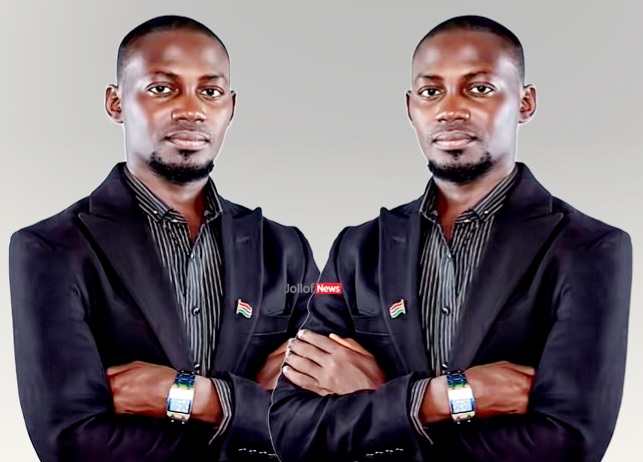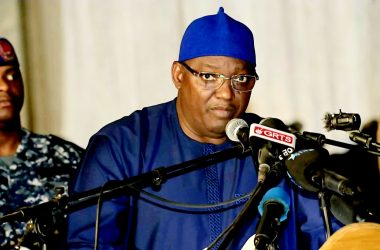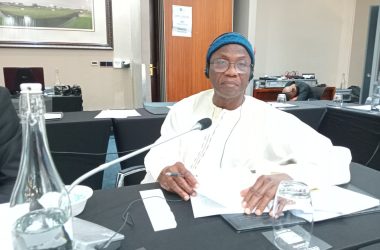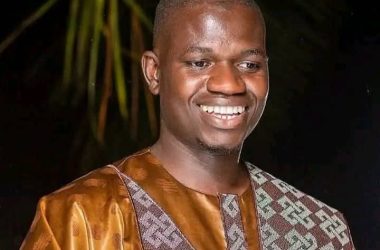Independent presidential aspirant Ahmadou MH Kah has publicly condemned the National Assembly’s decision to raise the nomination fee for presidential candidates ahead of the 2026 elections, calling the move “shameful” and “anti-democratic.”
In a wide-ranging interview with JollofNews, the leader of the Tabax-Reewmi Movement accused lawmakers of attempting to financially block ordinary Gambians from seeking elected office. He warned that the decision risks undermining the country’s democratic principles and excluding underrepresented groups, particularly youth and women.
“This is the most shameful decision ever taken by the National Assembly Members,” Kah said. “It is clearly meant to discourage independent and low-income aspirants from participating in our democracy. It tells the poor that they have no place in this government.”
The new regulation, which increases the presidential nomination fee to one million Dalasis, has drawn sharp criticism from political commentators and civil society alike. For Kah, who describes himself as coming from a humble background in Medina Sering Mass in the North Bank Region, the change represents a dangerous step backward.
“This is not progressive,” he argued. “In 2016, many of these same lawmakers were the ones protesting high registration fees. Today, now that they are in power, they are doing worse. It’s hypocrisy.”
Kah warned that the impact would be even more severe for lower-tier candidates hoping to contest parliamentary or ward-level seats. “The price tags may deny those people the chance to exercise their franchise,” he said, stressing that the burden will fall heaviest on young and female candidates without the financial means to compete.
Despite his criticism of the reform, Kah reaffirmed his determination to run for president. He acknowledged the cost is steep but said it would not deter him.
“A serious presidential candidate cannot be stopped by money. I believe in collective effort. My team and I are ready to mobilise,” he told JollofNews.
Kah also questioned the legitimacy of the fee hike, arguing it should be challenged legally as it restricts citizens’ right to stand for office based on wealth. He pointed out that many political parties in the past have struggled to raise funds to field candidates, and some failed to do so entirely because of financial constraints.
“If those who couldn’t pay these fees in the past are now using the law to shut out others, it’s wrong. This system now serves the rich. The poor are being told they don’t belong,” he said.
Kah, a lecturer at the Gambia Technical Training Institute (GTTI) and a finance management specialist currently working as a trainer at the Management Development Institute (MDI), presents himself as part of a new generation of leadership. At just 37, he says The Gambia needs leaders who are prepared to make sacrifices, not just promises.
He sees his campaign as part of a broader struggle to restore integrity and opportunity in Gambian politics. “We need honesty. We need leadership that isn’t compromised by money. I want to be remembered as a leader who stood up against corruption and inequality,” he said.
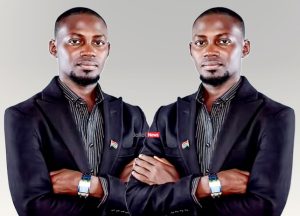
On the issue of campaign financing, Kah rejected the idea of seeking funds from external donors, arguing that foreign interests often distort national priorities. “Once you depend on outside money, your mission changes. You forget the people. That defeats the purpose of leadership.”
As the 2026 elections approach, the debate over nomination fees is likely to intensify. For Kah and other grassroots candidates, it represents more than just money it’s about access, fairness, and the future of democracy in The Gambia.

